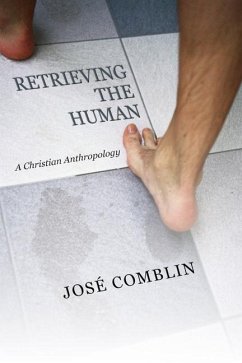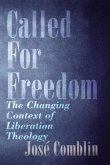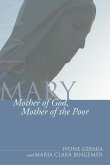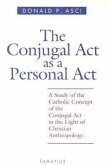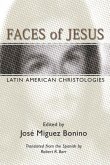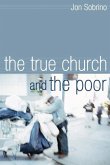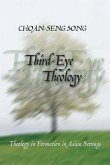All roads in the church lead to humankind, Pope John Paul II wrote in his first encyclical. But what is it to be a human being? And what vision does Christian theology offer for being and becoming human? In the past, theology has taken the role of the dominant ideology in a society, claiming to present a complete vision of humankind and its place in creation. Now, Comblin argues, we need to reestablish the primacy of the biblical message and tradition being lived today. The Bible espouses a non-idealized, non-individualized, but realistic and communitarian view of what it means to be human. This can be called the humanity of the two-thirds world, those whose humanity does not figure in the ideology of the privileged few. As Comblin writes, The privileged forget their bodies. Those who have never been truly hungry do not understand that a human being is first and foremost a being who needs to eat. Today, it is the poor who live through their bodies, and theology makes an option for the poor. A new model of theology is emerging from Christian communities growing up all over the globe. And yet it is an old model, too, that finds and takes much from the communities of the first Christians. 'Retrieving the Human' explores this new-yet-old vision, examining questions of the new person and personhood: soul and body; humankind in relation to space and time; the person in relation to science, technology, and work; humanity before God. It is among the poor, particularly in the base communities, that Comblin looks for models of being truly human today.
Hinweis: Dieser Artikel kann nur an eine deutsche Lieferadresse ausgeliefert werden.
Hinweis: Dieser Artikel kann nur an eine deutsche Lieferadresse ausgeliefert werden.

